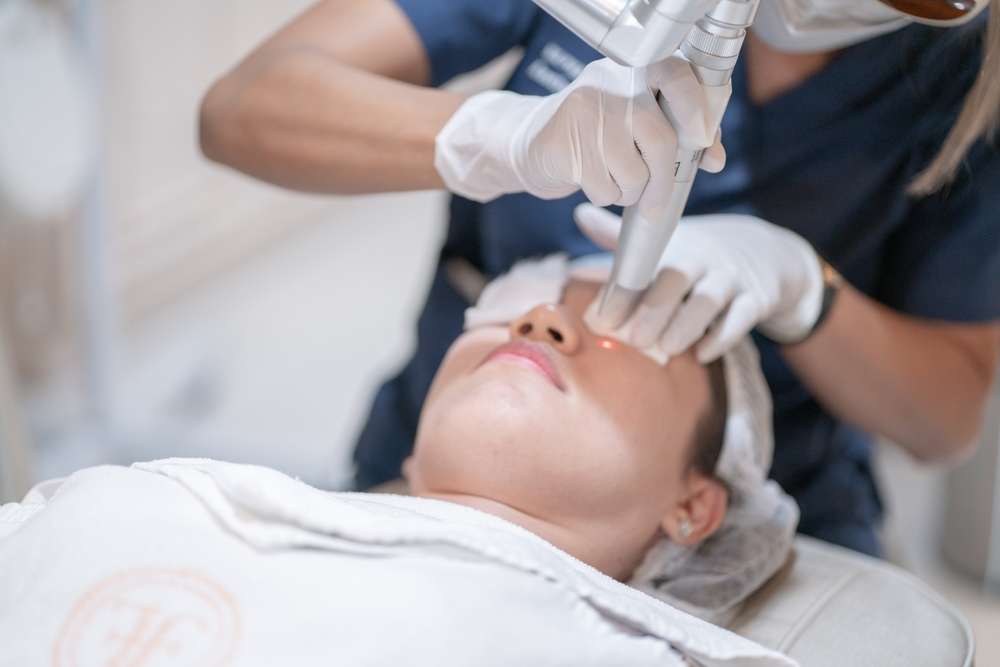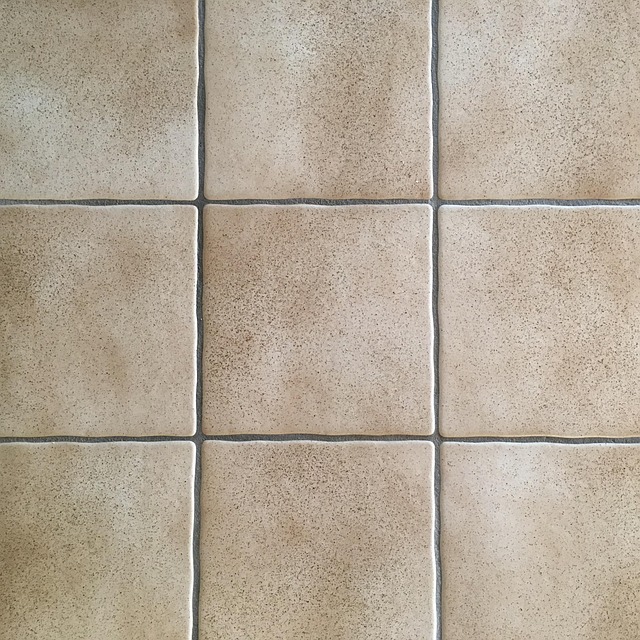Laser Skin Treatment: Rejuvenate Your Complexion with Advanced Technology
Laser skin treatment has revolutionized the world of skincare, offering a non-invasive solution to various skin concerns. This innovative technology harnesses the power of focused light beams to target specific skin issues, promoting collagen production and cellular renewal. As more people seek effective ways to improve their skin's appearance, laser treatments have become increasingly popular in clinics worldwide.

What skin concerns can laser treatment address?
Laser skin treatments are versatile and can address a wide range of skin issues. Some common concerns that can be improved with laser therapy include:
-
Fine lines and wrinkles
-
Sun damage and age spots
-
Acne scars and other types of scarring
-
Uneven skin tone and texture
-
Enlarged pores
-
Rosacea and facial redness
The specific type of laser used will depend on the patient’s individual needs and skin concerns. A skilled dermatologist or aesthetician can recommend the most appropriate laser treatment for optimal results.
What are the different types of laser skin treatments?
There are several types of laser skin treatments available, each designed to target specific skin concerns:
-
Ablative lasers: These remove the outer layer of skin and heat the underlying layer to stimulate collagen production. They are effective for treating deep wrinkles, scars, and severe sun damage.
-
Non-ablative lasers: These work by heating the underlying skin tissue without damaging the surface. They are less invasive and are used for mild to moderate skin concerns.
-
Fractional lasers: These create tiny, controlled injuries in the skin to stimulate healing and collagen production. They can be either ablative or non-ablative.
-
IPL (Intense Pulsed Light): While not technically a laser, IPL uses broad-spectrum light to target pigmentation issues and improve overall skin tone.
What should I expect during a laser skin treatment session?
A typical laser skin treatment session begins with a consultation to discuss your skin concerns and goals. The treatment area will be cleansed, and a topical anesthetic may be applied for your comfort. Protective eyewear is provided to shield your eyes from the laser light.
During the procedure, you may feel a slight warming sensation or mild discomfort, depending on the type of laser used. Most treatments take between 30 minutes to an hour, depending on the size of the area being treated and the specific laser technology used.
What are the benefits and potential side effects of laser skin treatment?
Laser skin treatments offer numerous benefits for those seeking to improve their skin’s appearance. Some advantages include:
-
Minimal downtime compared to surgical procedures
-
Precise targeting of specific skin concerns
-
Stimulation of natural collagen production
-
Long-lasting results with proper skincare maintenance
-
Improvement in overall skin texture and tone
While laser treatments are generally safe, there are potential side effects to consider:
-
Temporary redness and swelling
-
Slight discomfort during and after treatment
-
Potential for changes in skin pigmentation (more common in darker skin tones)
-
Risk of scarring or infection (rare when performed by a qualified professional)
It’s crucial to discuss potential risks and benefits with a qualified skincare professional before undergoing any laser treatment.
How much does laser skin treatment cost?
The cost of laser skin treatment can vary widely depending on factors such as the type of laser used, the size of the treatment area, the number of sessions required, and the location of the clinic. Here’s a general overview of the cost range for common laser skin treatments:
| Treatment Type | Average Cost per Session | Number of Sessions Typically Needed |
|---|---|---|
| Ablative Laser Resurfacing | $1,500 - $3,000 | 1-2 |
| Non-ablative Laser | $300 - $1,000 | 3-5 |
| Fractional Laser | $800 - $2,000 | 3-5 |
| IPL Treatment | $300 - $600 | 3-6 |
Prices, rates, or cost estimates mentioned in this article are based on the latest available information but may change over time. Independent research is advised before making financial decisions.
Many clinics offer package deals for multiple sessions, which can help reduce the overall cost. It’s also worth noting that laser skin treatments are typically considered cosmetic procedures and are not covered by health insurance.
Laser skin treatment has emerged as a powerful tool in the field of skincare, offering effective solutions for a wide range of skin concerns. From reducing the appearance of fine lines and wrinkles to improving overall skin texture and tone, laser technology has the potential to transform your complexion. As with any cosmetic procedure, it’s essential to consult with a qualified skincare professional to determine the best treatment plan for your individual needs and to ensure safe and optimal results.
This article is for informational purposes only and should not be considered medical advice. Please consult a qualified healthcare professional for personalized guidance and treatment.






